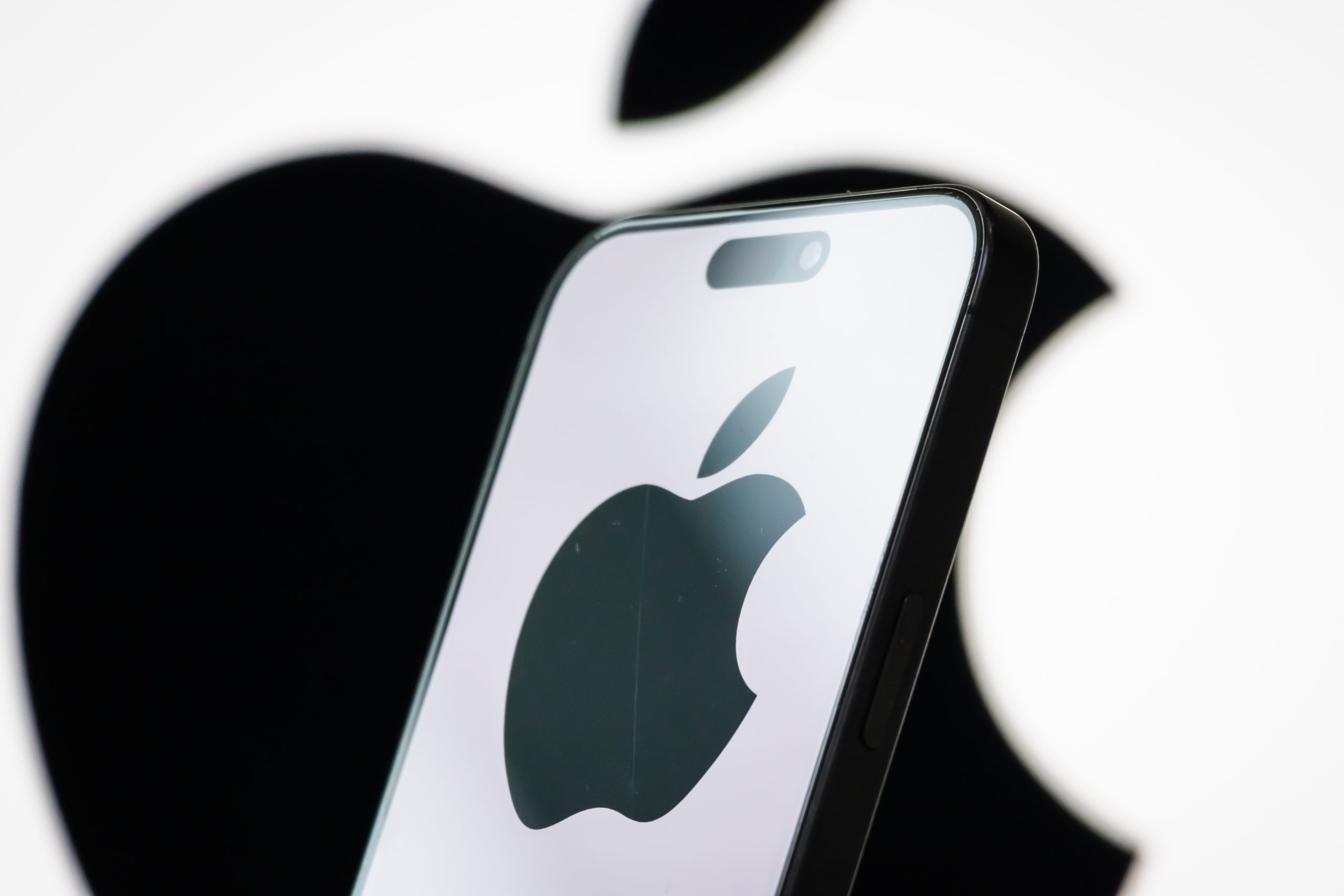
A pivotal shift in the artificial intelligence landscape appears imminent as Apple reportedly nears a landmark agreement to integrate Google’s advanced Gemini AI model into a significantly revamped version of its virtual assistant, Siri. This strategic collaboration, which sources suggest could cost the iPhone manufacturer approximately $1 billion annually, marks a notable departure from Apple’s long-standing tradition of developing core technologies primarily in-house, signaling a pragmatic acceleration in its pursuit of cutting-edge generative AI capabilities. The proposed partnership aims to equip Siri with a custom, high-capacity variant of Google’s leading large language model, dramatically enhancing its conversational prowess and functional scope, a move widely anticipated to redefine the user experience across Apple’s vast ecosystem of devices.
The Strategic Imperative for Apple
For years, Siri has been a ubiquitous presence on Apple devices, yet its capabilities, particularly in complex conversational contexts and generative tasks, have increasingly lagged behind competitors. While foundational for voice interaction, Siri’s initial design prioritized on-device processing and privacy, which, while commendable, limited its ability to leverage the vast cloud-based computational power now synonymous with advanced AI. In an era dominated by rapid advancements in large language models (LLMs) and generative AI, the pressure on Apple to innovate its intelligent assistant has mounted. Users have become accustomed to the more fluid, context-aware, and creative responses offered by rival platforms such as Google Assistant and Amazon Alexa, not to mention the burgeoning capabilities of standalone AI chatbots. This reported alliance with Google represents Apple’s strategic acknowledgment of the imperative to bridge this capability gap swiftly, ensuring its flagship voice assistant remains competitive and relevant in the evolving digital landscape. It underscores a tactical decision to leverage external expertise to fast-track its AI ambitions, rather than solely relying on its internal development pipeline, which may require more time to mature to the desired scale.
A Deep Dive into the Proposed Partnership
The core of this anticipated deal centers on a custom version of Google’s Gemini AI model, a sophisticated LLM recognized for its multimodal capabilities and impressive scale. Reports indicate that the specific model slated for Siri’s overhaul boasts an astounding 1.2 trillion parameters, a metric reflecting the sheer complexity and learning capacity of an AI system. To put this into perspective, Apple’s current cloud-based AI models, underpinning features like Apple Intelligence, operate with approximately 150 billion parameters. The proposed Gemini integration would therefore represent an eight-fold increase in complexity and capability, promising a transformative leap for Siri’s ability to understand, process, and generate responses. This exponential increase in parameters is crucial for enabling the nuanced, human-like interactions and advanced problem-solving that modern AI users expect. The reported $1 billion annual payment highlights not only the immense value Google places on its AI technology but also the strategic importance Apple assigns to rapidly upgrading Siri. This financial commitment is a testament to the high stakes involved in the current AI arms race, where technological superiority can dictate market leadership.
Historical Context of Voice Assistants and AI
The journey of voice assistants began long before the current AI boom. Siri itself was launched by Apple in 2011, initially as a groundbreaking feature that brought natural language processing to the mainstream. At the time, it set a new standard for human-computer interaction, allowing users to control their devices and access information through spoken commands. However, its evolution has been gradual, often criticized for a perceived lack of contextual understanding and a reliance on predefined scripts. Google, meanwhile, entered the fray with Google Now in 2012, evolving into Google Assistant in 2016, which quickly distinguished itself with deeper integration into Google’s vast information ecosystem and a more proactive, conversational approach. Amazon’s Alexa, launched with the Echo smart speaker in 2014, carved out its own niche in smart home control and e-commerce.
Apple’s historical approach to AI has been characterized by a strong emphasis on privacy and on-device processing, aiming to perform as many tasks as possible directly on the user’s device to minimize data transfer to the cloud. While this philosophy has been a core differentiator and a significant trust builder for Apple users, it has also presented engineering challenges in scaling complex AI models, which often demand extensive cloud-based computational resources for training and inference. The decision to potentially license a cloud-based model like Gemini, even if customized, suggests a strategic re-evaluation of this balance, prioritizing advanced AI functionality while likely negotiating stringent data privacy and security protocols with Google.
The Broader AI Landscape and Market Dynamics
The tech industry is currently embroiled in an intense "AI arms race," driven by the transformative potential of generative AI. Companies like OpenAI, with its GPT series, and Anthropic, with Claude, have pushed the boundaries of what LLMs can achieve, spurring a wave of innovation and competition. Every major tech player is investing heavily in AI research, development, and integration, recognizing that future growth and competitive advantage will largely depend on their AI capabilities. Apple’s reported consideration of models from OpenAI and Anthropic before ultimately leaning towards Google underscores the highly competitive nature of this market. The selection of Gemini indicates Apple’s confidence in Google’s enterprise-grade AI infrastructure, scalability, and potentially, its ability to offer a highly customizable solution that aligns with Apple’s ecosystem and privacy requirements. This partnership also solidifies Google’s position as a leading provider of foundational AI models, validating its substantial investments in AI research and development. It could encourage other companies seeking to integrate advanced AI into their products to explore similar licensing agreements, further shaping the B2B AI market.
Implications for Users and the Ecosystem
For the millions of Apple users worldwide, a revitalized Siri powered by Google Gemini promises a dramatically improved user experience. Imagine a Siri that can engage in more natural, extended conversations, understand complex multi-step commands, summarize lengthy articles, draft emails, generate creative content, and integrate more seamlessly with third-party applications. This upgrade could unlock a new era of productivity and convenience across iPhones, iPads, Macs, Apple Watches, and HomePods. For instance, Siri might become adept at real-time language translation, contextually aware scheduling, or even offering personalized recommendations based on deep understanding of user preferences and habits. The integration could also lead to new features within Apple Intelligence, the company’s framework for personal intelligence, enhancing everything from photo editing to notification management.
However, the shift also raises questions about data privacy and the user perception of two tech giants collaborating so closely. While Apple is renowned for its privacy safeguards, the involvement of a third-party model, even a custom one, necessitates clear communication and robust architectural safeguards to maintain user trust. It is reasonable to expect that Apple would implement stringent measures to ensure data processed by Gemini remains secure and anonymized, adhering to its privacy principles.
Strategic Gains for Both Tech Giants
This potential deal offers significant strategic advantages to both Apple and Google. For Google, the annual $1 billion payment is a substantial revenue stream, solidifying its position as a premier provider of foundational AI technology. More importantly, having its Gemini model power Siri, a direct competitor, represents a significant market validation and expands its AI footprint to potentially billions of Apple devices. This could cement Google’s reputation as an indispensable partner in the AI era, boosting its cloud AI services offerings to other enterprises.
For Apple, the immediate gain is speed and access to a world-class LLM without the years of research and development required to build one from scratch at that scale. This allows Apple to quickly bring advanced generative AI features to its users, addressing a critical competitive gap and enhancing the value proposition of its entire product line. While the agreement is reportedly a "temporary solution," it provides Apple with crucial time to continue developing its own proprietary AI models and infrastructure, ensuring it can eventually achieve full vertical integration while simultaneously delivering a superior user experience in the near term.
The Path Ahead: Challenges and Opportunities
The integration of such a massive and complex AI model into Apple’s ecosystem is not without its challenges. Technical hurdles include optimizing the Gemini model for Apple’s diverse hardware, ensuring seamless performance across different devices, and maintaining Apple’s signature user experience design. Furthermore, establishing robust data flow and privacy protocols between two of the world’s largest tech companies will require meticulous engineering and legal work. The "temporary solution" aspect also suggests that Apple views this as a stepping stone. Its long-term vision likely still involves developing its own, fully proprietary AI models that can run more extensively on-device, offering maximum privacy and control. This deal could be seen as a sophisticated bridge, allowing Apple to catch up in the generative AI race while it refines its own internal, long-term AI strategy.
Conclusion
The reported near-deal between Apple and Google to power Siri with Gemini AI represents a watershed moment in the tech industry. It underscores the accelerating pace of AI innovation, the strategic importance of rapid adoption, and the evolving dynamics of competition and collaboration among tech titans. This alliance could redefine the capabilities of virtual assistants, significantly enhance the Apple user experience, and set a new benchmark for cross-company AI partnerships. While the official announcement and specific details are yet to emerge, the implications of this potential billion-dollar agreement are vast, promising a smarter, more capable Siri and a significant realignment in the global AI landscape.






